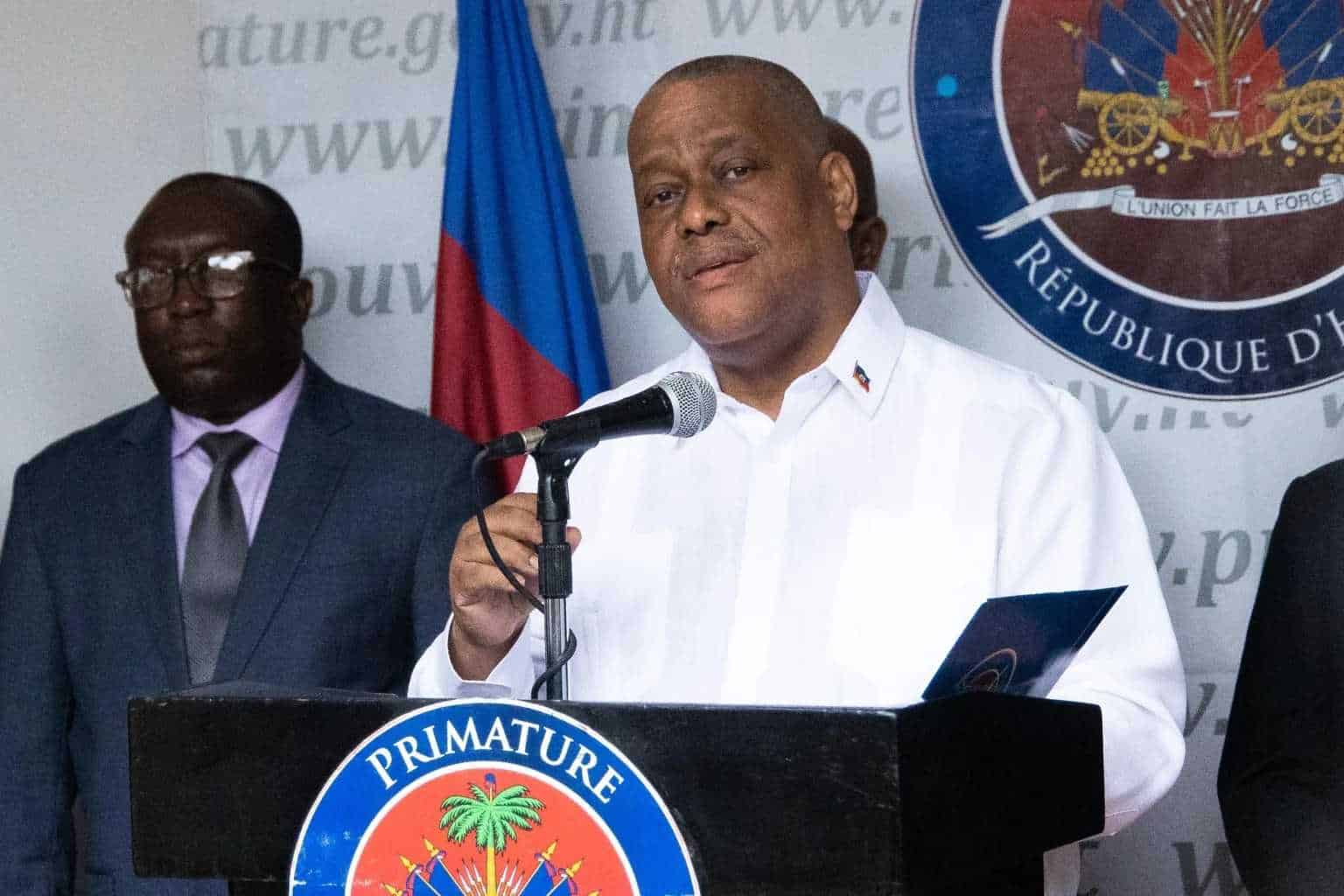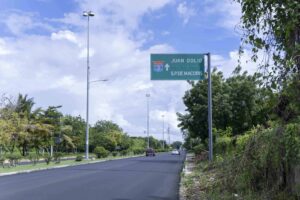
The Prime Minister of Haiti, Garry Conillerenewed this Thursday its commitment to organize elections generals in November 2025during a statement to the nation made in the framework of a public hearing on the occasion of his First 100 days of mandate.
“I have no doubt that together we will be able to restore security. We will help displaced people return to their homes. We will revive our economy. We will make the necessary changes to our Constitution. And finally, we will celebrate elections next year and there will be a new government on February 7, 2026,” he promised. Conille.
In his opinion, “the elections November 2025 and the inauguration of an elected government in 2026 will be crucial steps to begin building a stronger and, without a doubt, more resilient nation.”
However, he warned that the path will be strewn with obstacles and the necessary reforms will require hard work and sacrifice by everyone, which is why we will have to show great resilience.

With a view to these elections, the Government has published a decree appointing the members of the Provisional Electoral Council (CEP) and setting the mandate of this body, which will be made up of nine people.
Schnaida Adely will represent the Voodoo Communities, Patrick Saint-Hilaire the Haitian Episcopal Conference, Pierre-Louis Peterson the Reformed Religions, Marie Florence Mathieu the University Council, Jacques Desrosiers the Journalists’ Associations, Jaccéus Joseph the Peasants’ Associations and Nemrod Sanon the Trade Unions, in the absence of the members appointed by the Human Rights Organizations and Women’s Rights Associations.
Serious situation and institutional collapse
“It is imperative that we understand the gravity of the current situation in our country” and that it not be underestimated, along with the violence of armed groups and the deterioration of the economic, social, humanitarian and security situation, said Conille.
For the Prime Minister, “Haiti has suffered a total collapse of its institutions over the past decade. Our state structures are in ruins, deprived of the resources they need to function. Public administrations are understaffed and underfunded, making it impossible to implement the policies and programmes essential to responding to the needs of the population.”
Furthermore, he said, corruption is practically widespread and the violence has devastated institutionscoupled with the lack of stable leadership that has led to a total paralysis of the government, depriving citizens of basic services.
Warning that Haiti’s metropolitan area is comparable to countries in the midst of major humanitarian crises such as Somalia or Sudan, Conille stressed: “However, it was not the civil war that brought us here, but rather chronic political instability, corruption and, of course, the irresponsibility of a minority that has held an entire people hostage.”
- In his view, the challenges facing Haiti “will not be resolved tomorrow or without a massive commitment and additional resources.”
On the contrary, it will take time, solidarity, patience, courage and unwavering determination.
“The suffering of the Haitian people has continued for far too long,” he said. “For millions of us, poverty has become a reality from generation to generation.”
He added: “We have to do better; for children who cannot go to school, we have to do better; for families living in fear, we have to do better. Every day counts to relieve those who are struggling to survive. And we have a moral obligation to change their reality.”



